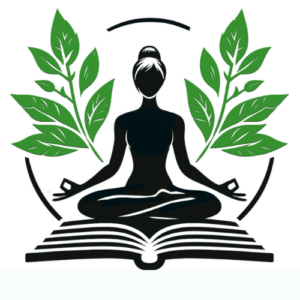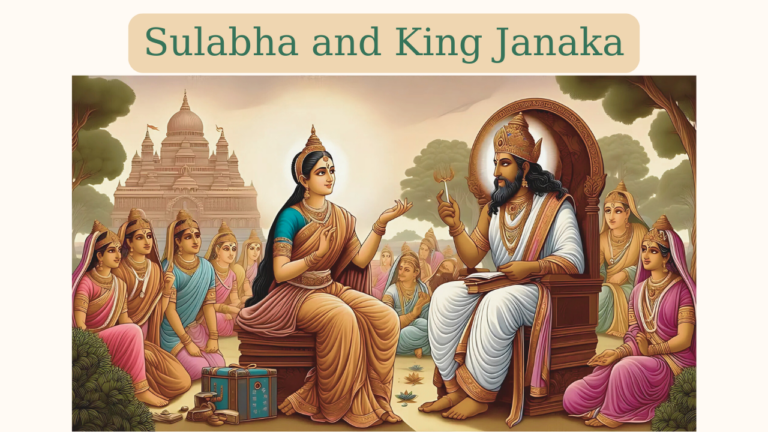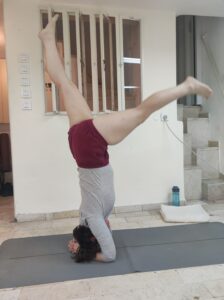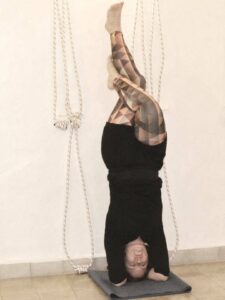In the vast tapestry of yogic history, certain encounters stand as powerful testimonies to the universality of spiritual wisdom. The debate between Sulabha and King Janaka, as mentioned in Geeta Iyengar’s “Yoga – A Gem for Women,” represents one such pivotal moment that challenges our understanding of gender, wisdom, and spiritual authority in ancient India.
The story begins with Sulabha, the daughter of King Pradhan, who chose an unconventional path for a princess. Rather than embracing royal privileges, she dedicated herself to the profound study of yoga, becoming deeply versed in its philosophical and practical dimensions. Her mastery would eventually lead to a legendary encounter with one of the most respected spiritual authorities of her time.
King Janaka of Mithila was no ordinary ruler. Known as a raja-rishi (sage-king) and the father of Sita, he was renowned for his wisdom and yogic knowledge. His court was a center of philosophical discourse, where the deepest questions of existence and liberation were explored. It was in this august setting that Sulabha would challenge the king’s understanding of yoga and liberation.
The heart of their debate centered on the nature of true liberation. Janaka, from his position as a king who had attained spiritual wisdom while ruling a kingdom, represented one perspective on the path to moksha (liberation). Sulabha, however, brought a different insight to the discussion, one that would ultimately prove more profound.
The debate’s significance extends beyond its immediate outcome. Here was a woman, entering the traditionally male-dominated space of philosophical discourse, demonstrating not just equal but superior understanding of yoga’s deepest principles. Her victory over King Janaka was more than a personal triumph; it was a powerful statement about the universality of spiritual wisdom and its independence from gender or social status.
This story resonates particularly strongly when viewed alongside another account Geeta Iyengar shares in her book “Yoga: A Gem for Women” – that of Madalasa, wife of King Rtudhvaja. After a dramatic series of events involving her apparent death and resurrection, Madalasa’s journey to yogic mastery becomes a testament to yoga’s transformative power. Initially losing all memory of her previous life, it was through yoga that she not only regained her past knowledge but transcended it to become “a great adept in Yoga.”
These narratives, preserved through centuries and highlighted by Geeta Iyengar, serve multiple purposes. They challenge contemporary assumptions about gender roles in spiritual practice, demonstrate the profound depth of women’s contributions to yogic tradition, and illustrate how yoga can serve as a path to both personal transformation and societal change.
Sulabha’s victory in the debate with King Janaka stands as a powerful reminder that spiritual wisdom recognizes no barriers of gender, caste, or social status. It challenges us to examine our own preconceptions about spiritual authority and reminds us that the path of yoga has always been, at its truest, a universal path open to all sincere seekers.
In our modern context, where questions of gender equality and spiritual authority continue to evolve, these ancient stories offer both inspiration and guidance. They remind us that the pursuit of yogic wisdom has always transcended social boundaries, and that true spiritual understanding knows no gender.
Through these accounts, Geeta Iyengar not only preserves crucial historical narratives but also provides a foundation for understanding yoga’s potential as a tool for personal and social transformation in our own time. The stories of Sulabha and Madalasa remind us that the path of yoga has always been, and must remain, open to all who seek its wisdom with sincere hearts and dedicated minds.




